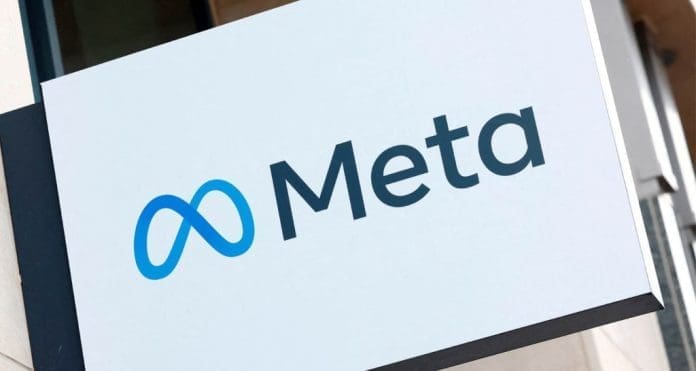
Meta Platforms is heading toward an out-of-court settlement with Nigeria’s data protection watchdog, potentially resolving a dispute that’s tested Africa’s most populous nation’s digital privacy enforcement capabilities.
The social media giant and the Nigeria Data Protection Commission (NDPC) confirmed during a recent court appearance that settlement discussions have reached advanced stages, with draft terms already exchanged between legal teams. This development marks a significant shift in a confrontation that began eight months ago when the regulator imposed one of Nigeria’s largest-ever technology sector penalties.
At the heart of the dispute lies a fundamental question about how global tech platforms handle African users’ personal information. The Commission received a petition from the Personal Data Protection Awareness Initiative alleging Meta conducted behavioral advertising on Facebook and Instagram without users’ consent. The regulator’s subsequent investigation concluded that the company processed Nigerian users’ data without proper authorization, violated cross-border data transfer protocols, and failed to submit required compliance audits.
The February 2025 enforcement action involved more than just the financial penalty. The NDPC issued eight corrective orders alongside the $32.8 million fine, demanding structural changes to how Meta operates in the West African nation. For Nigeria, this represented a watershed moment. The country’s data protection law, relatively new compared to regulations in Europe or North America, was being applied with teeth against one of Silicon Valley’s most powerful companies.
Meta pushed back hard, challenging the Commission’s approach. The company’s legal team argued it was denied due process during the regulatory proceedings, questioning whether the enforcement followed proper administrative procedures under Nigerian law. That contestation brought both parties before Justice James Omotosho at the Federal High Court in Abuja, where the case seemed headed for protracted litigation.
But something shifted. When lawyers appeared before Justice Omotosho recently, the atmosphere had changed from adversarial to collaborative. Fred Onwuobia, representing Meta, requested the court defer pending motions to allow settlement talks to conclude. Adeola Adedipe, counsel for the NDPC, confirmed meaningful progress and asked for an adjournment to finalize terms that both sides could present as a consent judgment.
Justice Omotosho welcomed this turn, noting that courts prefer parties resolve such technical disputes through dialogue rather than drawn-out legal battles. He adjourned proceedings until October 31, giving both sides nearly four weeks to either formalize their agreement or prepare for a ruling.
The settlement discussions come at a particularly sensitive time for Meta in Nigeria. Earlier this year, a separate regulatory body, the Federal Competition and Consumer Protection Commission, secured a tribunal decision upholding a separate $220 million penalty against the company for different violations. That case, which focused on consumer protection and competition issues, demonstrated Nigerian regulators’ willingness to pursue enforcement actions regardless of a company’s global stature.
What remains unclear is whether Meta’s settlement with the NDPC will involve simply paying the fine or negotiating it down in exchange for concrete commitments on data handling practices. Settlement terms haven’t been disclosed, and neither party commented publicly beyond their court submissions. The devil, as always with technology regulation, will be in the implementation details.
Nigeria’s aggressive stance on digital privacy reflects broader trends across Africa, where governments are increasingly asserting regulatory authority over how multinational tech companies operate. Kenya, South Africa, and Ghana have all strengthened their data protection frameworks in recent years, signaling that the continent won’t be a regulatory free zone despite its eagerness for digital investment.
For Nigerian users, the case raises questions about what practical changes they might see. Will Facebook and Instagram obtain clearer consent before using personal data for targeted advertising? Will there be greater transparency about what information crosses borders? These operational questions matter more to everyday users than the financial penalties, however eye-catching the dollar figures might be.
The Commission’s action also sends a message to other technology companies operating in Nigeria: compliance isn’t optional, and the regulatory environment has matured beyond warning letters and gentle guidance. Whether through court judgments or negotiated settlements, authorities expect adherence to the Nigeria Data Protection Act’s requirements.
As the October 31 deadline approaches, the outcome will likely influence how other jurisdictions across Africa approach similar disputes with global tech platforms. A settlement that includes meaningful operational changes could provide a template for effective enforcement that balances regulatory authority with practical business considerations. A simple financial resolution might suggest that companies with deep pockets can negotiate their way past structural accountability.
Either way, this case has already achieved something significant: it’s demonstrated that emerging economy regulators can compel even the world’s largest technology companies to the negotiating table.







